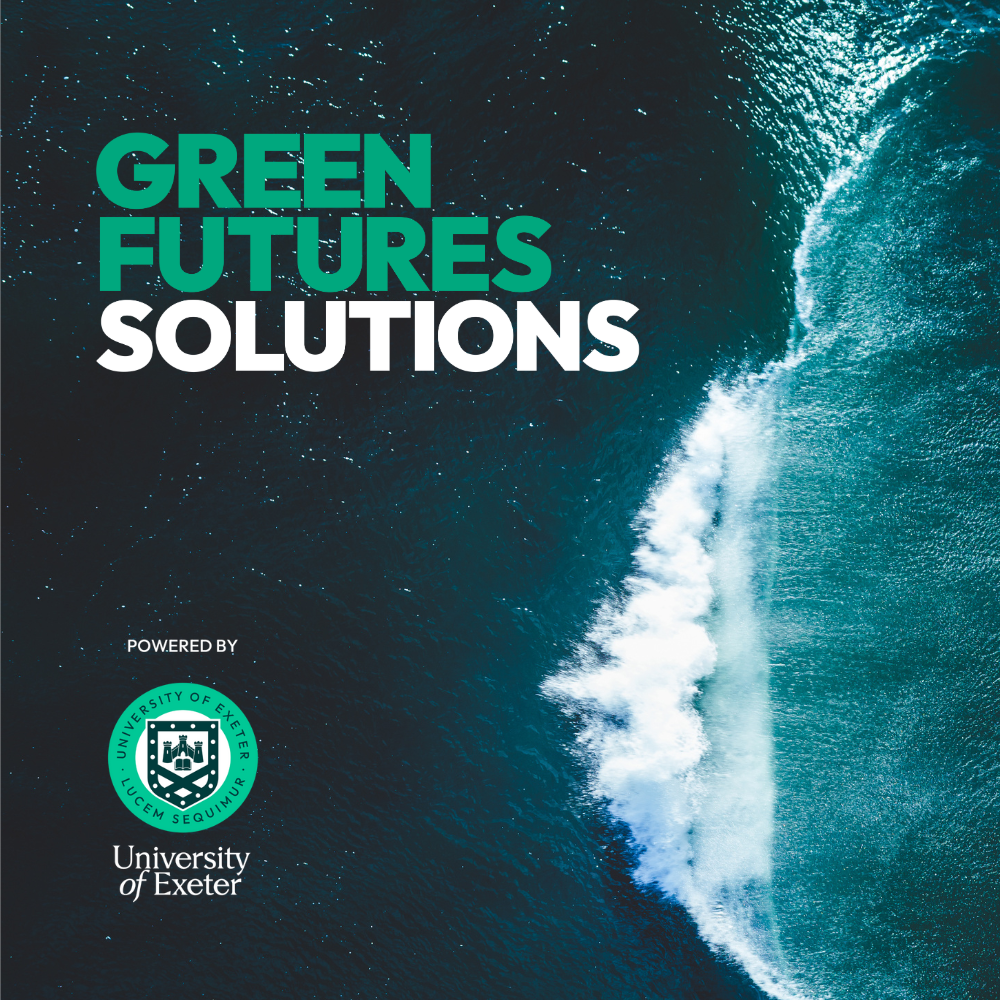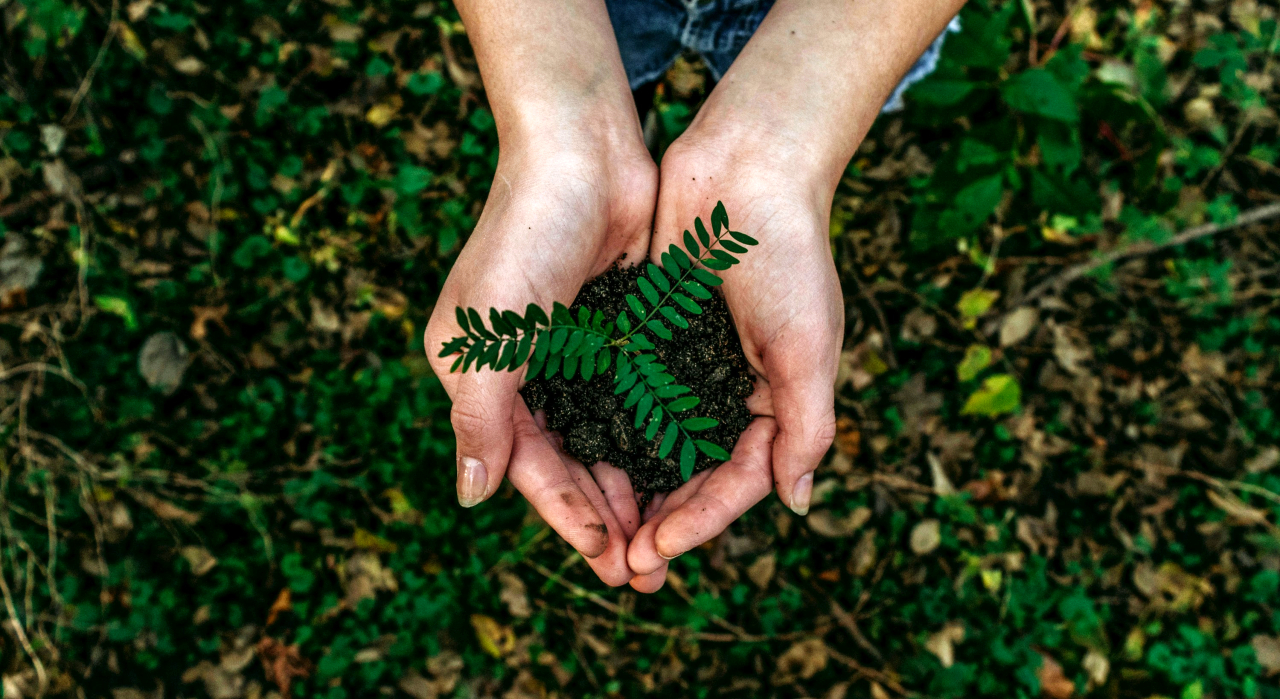Sustainability and environment
We are world-renowned for our interdisciplinary environmental research and education, with over 1,500 people here (including 5 of the world’s top 21 climate scientists) working to deliver game-changing sustainability solutions.
Working with us gives your team access to some of the world’s most influential environment and climate scientists, who are expertly placed to help companies reach net zero, make smarter use of natural resources and seize opportunities in the growing green and clean growth economy. Our expertise is exceptionally wide-ranging and impactful, covering climate smart mining, environmental bioeconomy, decarbonisation, food and water systems, sustainable business and finance, ecology and conservation, behavioural change, nature-based solutions, climate systems and low carbon development.
We work with partners such as Met Office, South West Water, Natural England, CEFAS and National Trust to tackle some of the key challenges of climate change including biodiversity renewal, water resilience, nature-based solutions and carbon storage.
Our world-leading expertise, delivered through our Green Futures Solutions initiative, empowers organisations to thrive in the growing green economy with modelling on climate tipping points, circular economy, built environment, lifecycle analysis, low carbon pathways and technology innovation.

Green Futures
Designing and delivering environmental solutions in a fast-changing world is complex. We're always looking for new ways to maximise the impact from our world-leading environment and sustainability research, and ensure it is co-designed by the real-world challenges you face. To do this, we’ve introduced Green Futures Solutions and the Green Futures Network, to make sure that we’re responsive to your sectors’ needs, opportunities and challenges.
Green Futures Solutions is our new initiative for business, bridging the gap between research and consultancy to provide the most informed sustainability solutions so that, together, we can future-proof your organisation in the green transition. Running alongside this initiative, the Green Futures Network exists to make the University’s environment and climate research more accessible and responsive to public, commercial and community needs, through ‘communities of practice’ and regular events.
Exeter Innovation in numbers
![]()
1500
Over 1,500 environment & sustainability researchers (including 5 of the world’s top 21 climate scientists) working to deliver cutting edge solutions
![]()
34
34 dedicated environment & sustainability Institutes and Centres and 6 Environmental Research Networks
![]()
16
16 environment & sustainability projects and initiatives worth in excess of £100 million
Home to five of the world’s 21 top climate scientists, we are expertly placed to work with government and industry partners to accelerate the journey to net zero.
Our capabilities include climate modelling, tipping points and marine ecosystem function; climate impacts and adaptation, including impacts on infrastructure and built environment; and approaches to net zero from ecosystem restoration and nature-based solutions to systems modelling and positive tipping points.
In our work with partners across government, public sector and climate networks, we are leading major international decarbonisation initiatives such as Global Carbon Budget (GCB) and the Economics of Energy Innovation and System Transition (EEIST).
Contact:
Natalie Gawor
Climate Systems and Net Zero
n.r.gawor@exeter.ac.uk
Our bioeconomy experts are tackling some of today’s critical environmental issues, from the impact of microplastics to carbon capture and storage.
Their leading expertise includes producing biomaterials (from bioplastics to biofuels), understanding the links between ecosystems and health, driving innovation in the marine and aquaculture economy, and applying a deep understanding of plant health to problems such as plant metabolism, disease, and pest management.
At our Collaborative Centre for Sustainable Aquaculture Futures (SAF), a partnership-initiative with the Centre for Environment, Fisheries and Aquaculture Science (Cefas), we are delivering research to provide future generations with safe and sustainable farmed seafood.
Within our Centre for Ecology and Conservation and Engineering departments we’re helping businesses and governments to both develop new marine technologies i.e. autonomous vehicle and clean-marine propulsion systems to new off-shore marine renewables, but also to understand the ecological and social impacts of such technologies on marine environments and coastal communities.
Contact:
Dr Puja Thiel
Environmental Bioeconomy
p.thiel@exeter.ac.uk
Home to the world’s leading experts in biodiversity and conservation, we work closely with partners in the UK and internationally, from public sector organisations like Defra, Cefas and Natural England to non-governmental organisations such as Rothamsted Research, South West Water and the National Trust.
Our expertise helps partners to restore habitats, reintroduce species, and tackle ecological challenges with our insights into behaviour, disease, pollination and evolution. We have some of the world’s leading experts on nature-based solutions for carbon capture, nature credits and private investment; natural capital valuation and tools; and food systems – from waste and circularity to global trade.
Contact:
Dr Dan Bloomfield
Nature Recovery and Food Systems
d.bloomfield@exeter.ac.uk
We work with businesses to advise on resources management such as water quality, climate change, adaption and resilience, data and technology. We work with water companies such as South West Water to create interdisciplinary research centres – such as the £32m joint venture Centre for Resilience in Environment, Water and Waste (CREWW) - to focus on pressing issues such as improving future resilience in the water and waste sectors.
Contact:
Centre for Resilience in Environment, Water and Waste (CREWW)
CREWW@exeter.ac.uk
Our climate smart mining experts work with industry to develop sustainable practices and technologies that minimise the environmental impact of mining activities while addressing key challenges, such as the growing demand for renewable energy technology.
Our capabilities include geometallurgy and mineral processing, such as mining engineering and mineral recovery; geological carbon capture and storage; and digital technologies and smart mining, such as robotics.
We work with partners at a regional and national level, such as Met4Tech, to support business development and generate collaborative projects that address the global need for raw materials in current and future green technologies.
Contact:
Dr Claire Eatock
Smart Mining and Renewables
c.e.eatock@exeter.ac.uk
We are leading the way to a sustainable future through application of data science and artificial intelligence (AI) to environmental challenges. Harnessing this ‘environmental intelligence’, in partnership with organisations across different sectors from industry to government such as IBM, the Met Office and the UK Hydrographic Office, is providing meaningful insights and creating new solutions that are having a positive impact on the planet.
Together with the Met Office we founded the flagship Joint Centre for Excellence in Environmental Intelligence, which is pioneering the development of solutions to some of the world’s most complex and pressing environmental challenges, from climate change and biodiversity loss to global pandemics.
Contact:
Dr Tom Nicholson
Environmental Intelligence
t.p.nicholson@exeter.ac.uk



.png)
